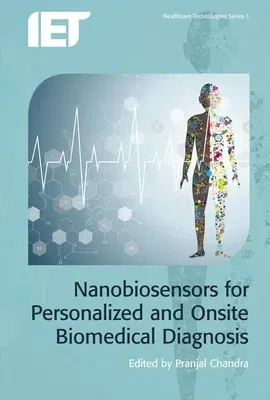Nanobiosensors have been successful for in vitro as well as in vivo
detection of several biomolecules and it is expected that this
technology will revolutionize point-of-care and personalized
diagnostics, and will be extremely applicable for early disease
detection and therapeutic applications. This book describes the emerging
nanobiosensor technologies which are geared towards onsite clinical
applications and those which can be used as a personalised diagnostic
device. Biosensor technologies and materials covered include
electrochemical biosensors; implantable microbiosensors; microfluidic
technology; surface plasmon resonance-based technologies; optical and
fibre-optic sensors; lateral flow biosensors; lab on a chip;
nanomaterials based (graphene, nanoparticles, nanocomposites, and other
carbon nanomaterial) sensors; metallic nanobiosensors; wearable and
doppler-based non-contact vital signs biosensors; and technologies for
smartphone based disease diagnosis. Clinical applications of these
technologies covered in this book include detection of various protein
biomarkers, small molecules, cancer and bacterial cells; detection of
foodborne pathogens; generation and optimisation of antibodies for
biosensor applications; microRNAs and their applications in diagnosis
for osteoarthritis; detection of circulating tumor cells; online
heartbeat monitoring; analysis of drugs in body fluids; sensing of
nucleic acids; and monitoring oxidative stress.

